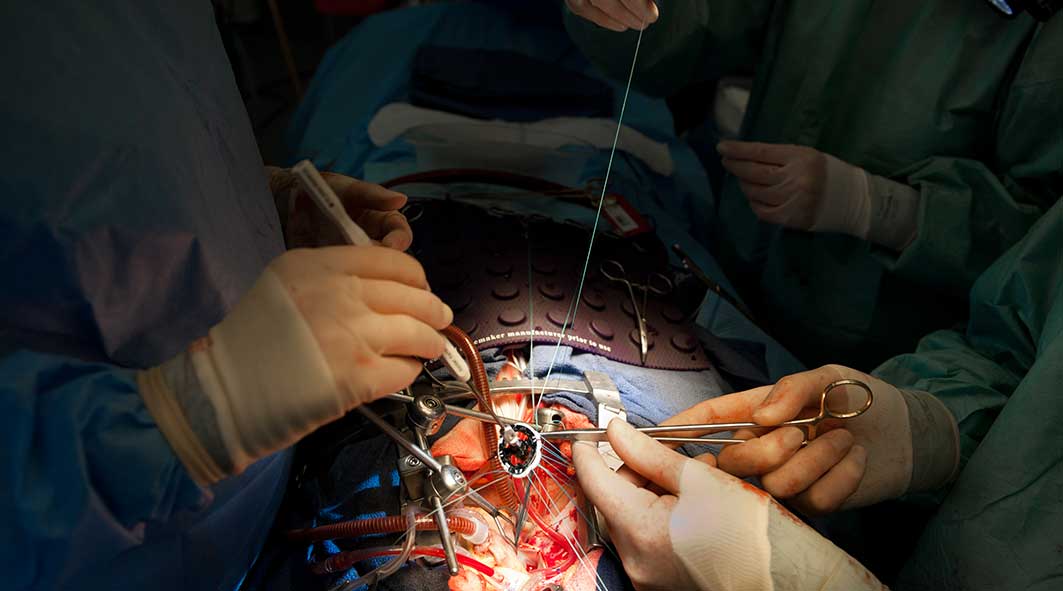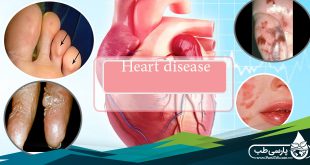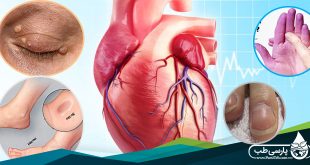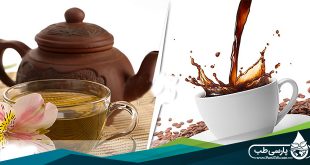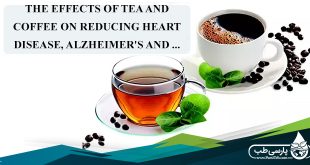Heart valve repair surgery
Heart valve repair is ‘open heart’ surgery to treat heart valve disease. It can repair a diseased or damaged heart valve if you have heart valve disease.
Your care will be adapted to meet your individual needs and may differ from what is described here. So it’s important that you follow your surgeon’s advice.
Animation About heart valve repair
If one or more valves in your heart aren’t working fully, blood doesn’t flow through your heart properly. This puts extra strain on your heart and can cause symptoms such as breathlessness, tiredness and swollen ankles. Severe heart valve disease can cause your heart to pump less efficiently.
Heart valve repair can treat valves that leak or are narrowed.
Heart valve surgery can eliminate, or improve your symptoms and may prevent permanent damage to your heart.
What are the alternatives to heart valve repair?
Alternative treatments for heart valve disease include those listed below.
If you have mild heart valve disease, certain medicines (such as diuretics, angiotensin-converting enzyme (ACE) inhibitors, and digoxin) can relieve symptoms.
If your valve is seriously damaged, it may need to be replaced.
Preparing for your operation
Your surgeon will explain how to prepare for your operation. For example, if you smoke you will be asked to stop, as smoking increases your risk of getting a wound infection and slows your recovery.
The operation is usually done under general anaesthesia. This means you will be asleep during the operation.
You will be asked to follow fasting instructions. Typically you must not eat or drink for about six hours before a general anaesthetic. However, some anaesthetists allow occasional sips of water until two hours beforehand.
Your surgeon will usually ask you to sign a consent form. This confirms that you understand the risks, benefits and possible alternatives to the procedure and have given your permission for it to go ahead.
At the hospital, your nurse will explain how you will be cared for during your stay. Your nurse may check your heart rate and blood pressure, and test your urine.
You may be asked to wear compression stockings to help prevent blood clots forming in the veins in your legs. You may need to have an injection of an anti-clotting medicine called heparin as well as, or instead of, stockings.
About the operation
Heart valve repair can take up to three hours depending on how badly your valve is damaged.
The surgeon will make a cut, about 25cm (10 inches) long, down the middle of your breastbone (sternum) and will open your ribcage to reach your heart.
Medication is used to temporarily stop your heart. Your blood will be diverted to a heart-lung (bypass) machine. This will add oxygen to your blood and maintain your circulation.
There are a number of techniques for repairing the valve depending on what is wrong with it. These can involve removing damaged sections or implanting an artificial ring to strengthen the valve. Ask your surgeon for more information.
After the valve has been repaired your surgeon will restart your heart and blood will be allowed to flow back through your heart. Your sternum will be rejoined using wires and the skin on your chest will be closed with dissolvable stitches.
Keyhole surgery
The operation can also be done using keyhole (or minimally invasive) surgery. Instead of making a cut down the sternum, the operation is performed through small cuts without opening your ribcage. Special instruments are passed through these cuts and the surgeon looks at a monitor to see inside your chest. Keyhole surgery isn’t suitable for everybody – your surgeon will advise if it’s appropriate for you.
What to expect afterwards
After heart valve surgery, you will be taken to the intensive care unit (ICU) of the hospital and will be closely monitored for about 24 hours before you go back to your ward.
When you wake up, you will be connected to machines that record the activity of your heart, lungs and other body systems. These might include a ventilator machine to help you breathe.
You may need pain relief to help with any discomfort as the anaesthetic wears off.
You may have a catheter to drain urine from your bladder into a bag. You may also have fine tubes running out from the wound. These drain fluid into another bag and are usually removed after a day or two.
You will be encouraged to get out of bed and move around as this helps prevent chest infections and blood clots in your legs.
A physiotherapist will usually visit you every day to help you do exercises designed to help your recovery.
You will usually be able to go home after about a week. You will need to arrange for someone to drive you home. You should try to have a friend or relative stay with you for the first 24 hours. You should tell your GP when you’re discharged from hospital so he or she can provide the care you need.
Your nurse will give you some advice about caring for your healing wounds before you go home. You may be given a date for a follow-up appointment.
The wires holding your sternum together are permanent. Dissolvable stitches will usually disappear in around one to three weeks, but this can take up to six weeks, depending on the type of stitches you have.
Recovering from heart valve repair
If you need pain relief, you can take over-the-counter painkillers such as paracetamol or ibuprofen. Follow the instructions in the patient information leaflet that comes with the medicine and ask your pharmacist for advice.
Your sternum will take about six weeks to heal but a full recovery can take two to three months. Your surgeon will give you advice about how soon you can return to work.
Follow your doctor or surgeon’s advice about driving. You shouldn’t drive until you’re confident that you could perform an emergency stop without discomfort. This is usually about 12 weeks after the operation. If you’re in any doubt about driving, please contact your motor insurer so that you’re aware of their recommendations.
What are the risks of heart valve repair?
Heart valve repair surgery is commonly performed and generally safe. However, in order to make an informed decision and give your consent, you need to be aware of the possible side-effects and the risk of complications of this procedure.
Side-effects
These are the unwanted, but mostly mild and temporary effects of a successful treatment, for example feeling sick as a result of the general anaesthetic.
After heart valve repair you will usually feel some discomfort and have some swelling around your chest for a few weeks.
You’re likely to have permanent scars on your chest. The scars will be red at first but should fade over time.
Complications
This is when problems occur during or after the operation. Most people aren’t affected. The possible complications of any operation include an unexpected reaction to the anaesthetic, excessive bleeding or developing a blood clot, usually in a vein in the leg (deep vein thrombosis, DVT).
Specific complications of heart valve repair surgery are rare but can include:
a heart attack
a stroke
there is a risk of death but this is rare – however, it’s important to consider that having no treatment, or having an alternative treatment, may have a higher risk
If you have keyhole surgery there’s a chance your surgeon may need to convert your keyhole procedure to open surgery. This means making a bigger cut on your chest. This is only done if it’s impossible to complete the operation safely using the keyhole technique.
The exact risks are specific to you and differ for every person, so we haven’t included statistics here. Ask your surgeon to explain how these risks apply to you.
 Parsi Teb Physical and Mental Health Journal
Parsi Teb Physical and Mental Health Journal 